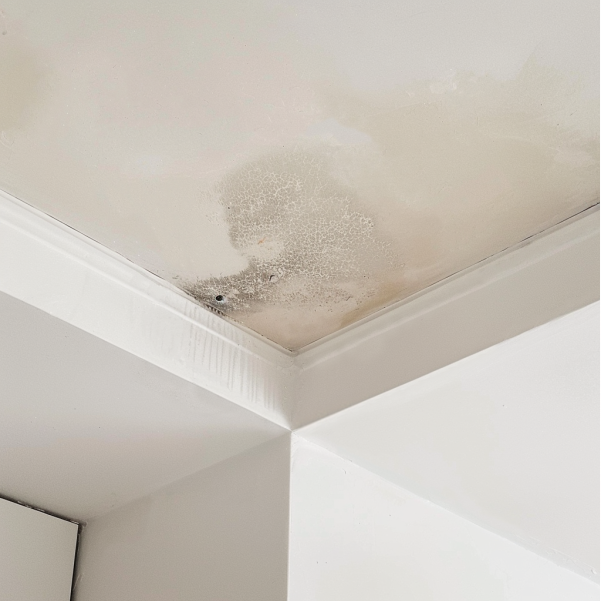
You'll be surprised to learn that it's not just domesticated animals like cats and dogs that can be receptive to behavioral training – even wildlife can be trained to be discouraged from certain behaviors.
Poisoning and trapping wildlife within a home fails to deter animals from entering, often resulting in their demise within the premises, which is a very stinky business. Alternatively, animals may adapt to these methods, rendering these techniques ineffective. In either case, the underlying issue of wildlife intrusion remains unresolved, necessitating more humane and effective measures for long-term deterrence. When entering is not possible, they learn to adapt to the wild where they belong.
Wildlife exclusion techniques promote adaptation to the outdoors so animals can make their home anywhere other than your house but stay in a territory that is familiar to them. This scenario benefits everyone!
Wildlife exclusion is also extremely beneficial for the home itself.
Trapping Is Ineffective and Inhumane
Trapping is ineffective because If an animal thinks your home is a suitable location for their home, then so does the next animal, and so on and so on. You can remove one animal after another ad infinitum. Your home is open to invasion by countless other animals as well as being vulnerable to weather and the elements.
Meanwhile, there are three main reasons why trapping and relocating is no longer considered humane:
- Relocated adults rarely survive in a new environment.
- Animals can, and do, injure themselves when trying to escape the traps.
- Babies become separated from their parents and die.

Poisoning Has Immense Implications
Poisoning is no better. These methods often have a ripple effect and can harm more than just the intended animal. There is no guarantee that only the targeted species will eat the poisoned bait, more often than people realize, secondary poisoning occurs where an animal eats the poisoned pest. This means that an owl or hawk population, which would provide long-term control of this animal, is now dead. Additionally, our pets can become the victims of unintentional poisoning. What is worse, 28,972 cases of pesticide poisoning were reported in 2021 in adolescents, and 36,599 in adults (www.poison.org/poison-statistics-national). There is no meaningful reason to take such chances when often a home depends on toxic chemicals already.
Humane Removal is Safer for Everyone
Wildlife exclusion is a form of wildlife control that does not use poisons, harmful chemicals, or dangerous traps. It removes the animal and fortifies the home against reentry. There are no harmful substances or unsafe traps involved. There is no chance of secondary or accidental poisoning, no chance of children finding traps, and no concern of being harmed while trying to set traps.
There are no awful smells creeping from the attic or behind the walls, no passively accepting urine and feces accruing in your insulation. Traps and poisons are reactive solutions after animals have gone into your home and made it a habit to be there, we stop it from happening at the source.

Humane Removal and Exclusion is a Permanent Answer
Once we’ve ensured that the wildlife is out of your home with our safe and proven prevention methods, the next step of wildlife exclusion is fortifying your home. Trained wildlife technicians will inspect the home thoroughly and identify any entry points.
The openings are then properly sealed off and repaired so animals can’t get back in. This keeps your home protected from not only that animal, but also all other animals and the elements. People often underestimate how much damage a hole in a home can do.

Long-Term Gains
Wildlife exclusion:
- Is safer for the environment
- Protects family, pets, and innocent animals from hazards
- Fortifies your home
- Protects your home from the elements
- Protects your home from re-entry
- Save money in the long run by reducing additional damage to the home
- Saves money by eliminating the need for multiple visits from other pest control companies
Wildlife can carry diseases, and they leave droppings and urine, which can cause health issues for you and your pets. They can also cause heavy destruction to your home. Wildlife exclusion will remove them, repair the home, and make your house safe again.
Humane Animal Removal Service in Houston, Dallas, Fort Worth, Denton and surrounding areas
Are you looking for humane wildlife removal in Houston or the DFW area? 911 Wildlife is an animal removal specialist that can help you with bird, opossum, raccoon, and skunk removal. The company is experienced with humane wildlife removal. Visit their website for more information.
Contact them today to get started.
